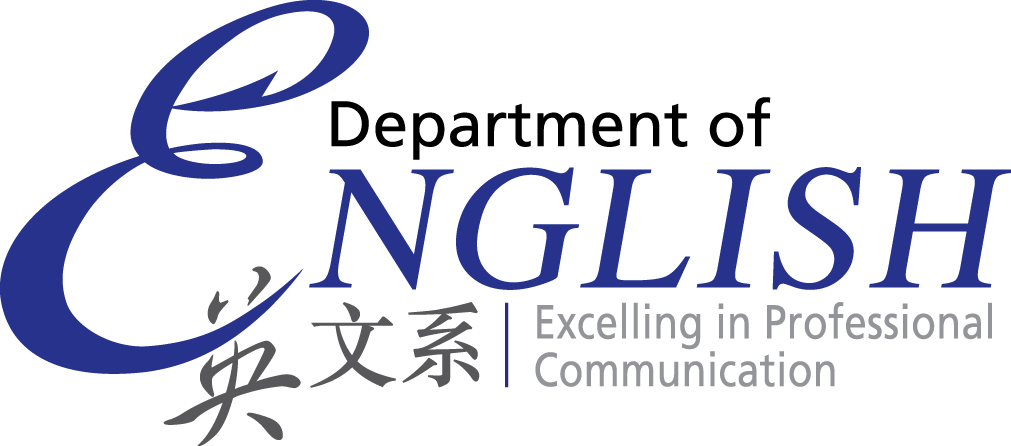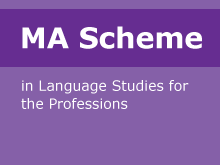How to Write an Effective MA Literature Review: the Pedagogic Website
Writing academically in English is expanding internationally both in research and practice areas nowadays (Swales 1990, Hood, 2004). At a postgraduate level, it is understood that EAP acquisition is “more than the ability to read and write effectively” (Braine, 2002:60). Often within educational, applied linguistic and higher education research articles we hear stories of unhappy and dissatisfied students (Conrad & Phillips, 1996; Symons, 2001; Higher Education Series Report No. 37, 2001 and Novera, 2004). Many of the complaints from the students are related to language and communication, as argued by Swales (1990), advanced academic literacy skills related to studying, writing and publishing research is more demanding than achieving what is known as “expert” speaker/writer ability. The difficulties of academic writing are not simply learning genre and register in target language but how to construct the meaning within context. A number of studies, Liu (2001), Cadman (2000), Lea (2004), among others argue that the language needs of international students studying in an English instruction university in a non-English speaking context is a multifaceted construct. However, as pointed out by Braine (2002) and most recent existing studies, e.g. Wilson (2003) and Kim (2005) tend to focus on a specific aspect of English language, rather than adopting a holistic view of language as an integrated skill when exploring the students’ academic needs. Most of the existing EAP studies (e.g. Evans and Green, 2007; Hyland, 1997; Littlewood and Liu, 1996) target undergraduate students, while studies exploring research students’ EAP needs in Asian English Medium of Instruction (EMI) tertiary institution are scant, if any.
It is within this context of an expanding international student body and the advanced academic demands of postgraduate studies that the present project is situated. In this study we focus on one particular group of students, ENGL MA students, and one particular writing demand, a literature review as a term paper.
At PolyU, the MA Scheme has received many mainland students and according to a study conducted in 2008/9, many of the students reported having problems with writing assignments. For example, one graduate stated that the most difficult part is writing papers, and suggested there should be academic writing courses for Research MA students. Such concerns by both mainland and local students have often been raised within the Department. It is, thus, necessary to seek ways to support the students and scaffold advanced academic literacy, making the implicit of an MA paper, explicit, i.e. providing good models of what the structure and specific language choices of the MA paper looks like. There are many different variations of what a term paper might look like at the MA level. However, a literature review has been selected as the focus of the present study as it is a common feature of many MA term papers and is often seen as extremely difficult to write by our MA students (based on comments with MA students 2008/9). Generally as pointed out by Hood (2004), academic staff are also concerned about the organisation and language used, along with the lack of critical discussion in students’ assignments, i.e. the evaluating and questioning of knowledge they have received.
A literature review, a common term paper, or part of most term papers, is more than just reproduction. It involves skills of paraphrasing from source texts, synthesising a number of sources and using these sources to support or refute ideas relevant to the discussion being developed in the student’s paper. A literature review helps both author and readers to understand the connection between the student’s paper and previous academic research. Ridley (2008) states that the importance to explore the field of the research and gain a thorough awareness and understanding of current work and perspectives in the area, so that one can position his/her own research clearly in the academic map of knowledge creation. Students need to summarise the main ideas of the original text and it is not enough to simply copy or plagiarise.
In the demanding task of synthesising and positioning an argument in relation to what has already been carried out and the argument being presented in the student’s paper, often in their MA studies little guidance is given to students is identifying main ideas in terms of how to write a literature review. Much of the support offered to students in the writing of a literature review is related to teaching reading strategies as skimming to find the main ideas (Hood, 2004). However we also should consider the final written product and the lexico-grammatical choices the students adopts in construing their paper.
Thus, in the present study we aim to deconstruct the meanings made at a clause and discourse level by students in a sample of what have been assessed as effective literature reviews we plan to use the analysis to develop an online pedagogical resource which can be used to scaffold MA students in their academic writing. Student papers have been chosen as the target text rather than the published research articles as there is quite a difference in the length and perhaps quality of a published research article. In addition, by modelling exactly what a student MA literature review looks like the student can have a clearer understanding of what is expected from them.
This website will support student’s understanding of a literature review in relation to its discourse structure and the choices made at a lexico-grammatical level.
Braine, G., (2002) Academic literacy and the nonnative speaker graduate student, Journal of English for Academic Purposes, 1:1, 59-68
Cadman, K. (2000) 'Voices in the Air': evaluations of the learning experiences of international postgraduates and their supervisors, Teaching in Higher Education, 5: 4, 475-491
Conrad, L. and Phillips, E. (1996) ‘From Isloation to Collaboration: A Positive Change for Postgraduate Women?’ in Frameworks for Postgraduate Education, Ed Zuber-Skerritt, Outrun, Southern Cross Uni Press, Lismore, 73-85.
Evans, S. and Green, C., (2007) Why EAP is necessary; A survey of Hong Kong Tertiary Students, Journal of English for Academic Purposes, 6: 1, 3-17, Higher Education Series Report No. 37, 2001.
Hood, Susan. (2004). Appraising Research: Taking a stance in academic writing – Faculty of Education. University of Technology, Sydney.

